Why some crypto exchanges are thriving while others fade in 2025
Not all crypto exchanges are created equal. In 2025, the market has split into two groups: those growing fast because they’ve adapted to real-world demands, and those stuck in the past. If you’re looking for a platform that’s not just surviving but thriving - a bullish crypto exchange - you need to know what sets them apart. It’s not just about low fees or a pretty app. It’s about regulation, security, institutional backing, and how well they handle volatility.
Top bullish crypto exchanges in 2025 - who’s leading and why
Binance still leads in total trading volume, hitting $84 billion daily according to CoinMarketCap. But its global dominance doesn’t mean it’s the best for everyone. In the U.S., Binance.US is limited to 158 coins and has lower liquidity. Meanwhile, Coinbase and Kraken are pulling ahead in regulated markets. Coinbase processes $4.7 billion in institutional trades daily - up 220% since 2023. Kraken isn’t far behind, with monthly proof-of-reserve audits since 2023 and 350+ cryptocurrencies available. These aren’t random numbers. They’re signals: institutions trust them.
CEX.IO has quietly become a favorite among professional traders. With 185+ countries served and deep liquidity, it’s not flashy, but it’s reliable. Its institutional clients now account for 37% of its $115 million daily volume. That’s not luck - it’s structure. CEX.IO launched "Compliance-as-a-Service" in 2025, helping hedge funds and family offices meet regulatory requirements without hiring legal teams. That feature alone boosted its enterprise revenue by 140% in Q3.
Bitstamp stands out as the most regulated exchange. It holds 11 licenses across Europe, Asia, and North America. That’s more than any other platform. But it only supports 82 cryptocurrencies. For traders who care more about safety than variety, Bitstamp is a fortress. Gemini is similar - 100% SOC 2 Type II compliant, but limited to 73 coins and higher fees. If you’re trading $10,000 or more, those fees matter. If you’re holding long-term, compliance matters more.
How fees, coins, and speed really compare
Let’s cut through the noise. Here’s how the top exchanges stack up on the things that actually affect your trading:
| Exchange | Cryptocurrencies | Trading Fees | KYC Time | Best For |
|---|---|---|---|---|
| Binance (Global) | 500+ | 0% - 0.6% | 15 min - 2 hrs | Advanced traders, altcoins |
| Coinbase | 235 | 0% - 3.99% | 18 min | Beginners, U.S. users |
| Kraken | 350+ | 0% - 0.4% | 24 - 48 hrs | Security-focused traders |
| CEX.IO | 200+ | 0.1% - 0.4% | 30 min | Institutional clients |
| Bitstamp | 82 | 0.1% - 0.5% | 1 - 3 days | Regulatory compliance |
| Robinhood | 25 | 0% | 10 min | Simple buys, no fees |
Notice something? The lowest fees aren’t always the best. Kraken’s 0.4% max fee beats Coinbase’s 3.99% for spot trades - but if you’re new, Coinbase’s onboarding is 18 minutes. Kraken takes up to two days. If you’re trying to jump into a trending coin, that delay costs you money.
Robinhood’s zero fees sound great until you realize you can’t trade Dogecoin, Solana, or Polkadot. You’re stuck with Bitcoin, Ethereum, and 20 others. And during the September 2025 crash, 63% of Trustpilot complaints were about forced liquidations. No warning. No control. Just a bot selling your assets because the platform couldn’t handle the volume.
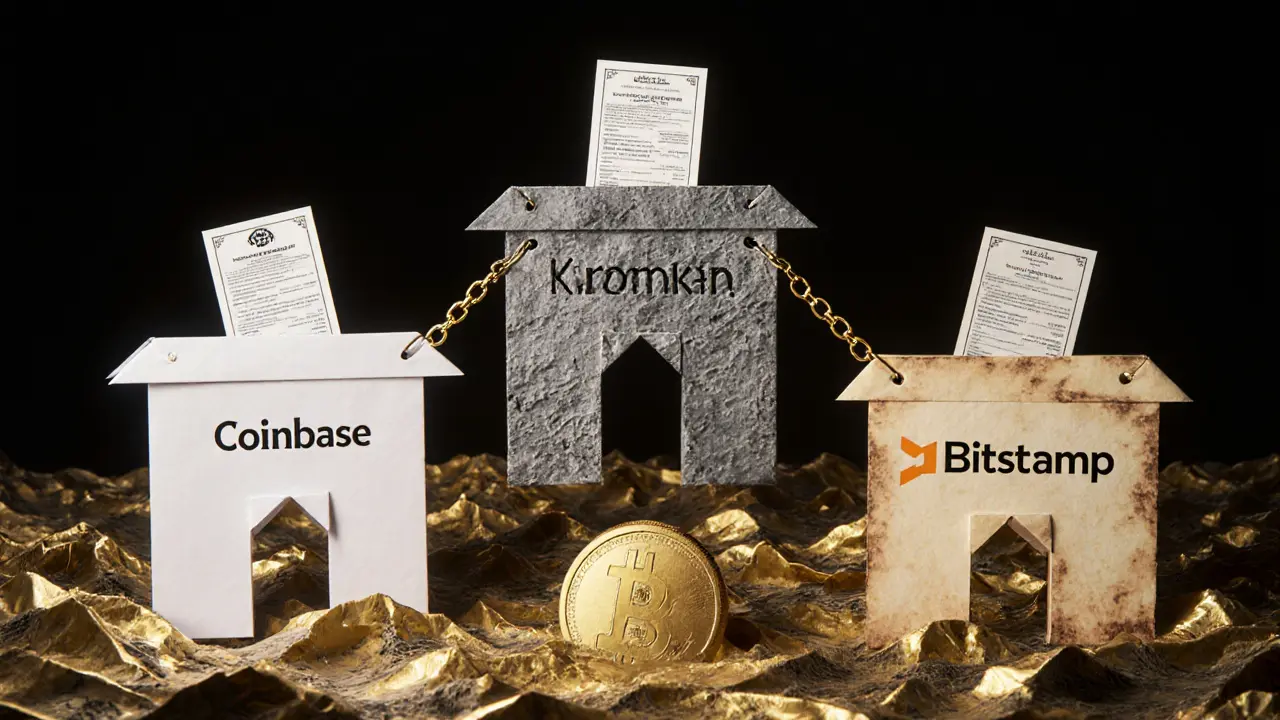
Security isn’t a feature - it’s the foundation
In 2025, 23 exchange hacks occurred, stealing $147 million. Over 78% of those victims didn’t use two-factor authentication. That’s not a coincidence. It’s negligence.
Kraken publishes monthly proof-of-reserve audits. That means anyone can verify they hold every dollar of customer crypto. Coinbase stores 98% of assets in cold storage, audited quarterly by Ernst & Young. Binance claims similar, but its audits are less transparent. Bitstamp and Gemini have full SOC 2 Type II compliance - the gold standard for financial data security.
If you’re holding more than $5,000, don’t just pick the exchange with the prettiest app. Pick the one with the most verifiable security. And enable two-factor authentication - no exceptions. Use an authenticator app, not SMS. SMS can be hacked. Google Authenticator or Authy are your best friends.
Who wins if the market crashes?
Market downturns expose weak exchanges. The S&P Crypto Exchange Viability Index found that exchanges with less than $500 million in cash reserves have a 63% chance of failing during a major correction. That’s why Coinbase and Kraken are still standing. They’ve raised billions in funding and hold massive liquidity buffers. Smaller exchanges? Many vanished in 2025 after the SEC filed 17 enforcement actions. Thirty-four percent of exchanges operating in 2022 are gone.
Even Binance, despite its size, faced pressure. Its U.S. arm had to shut down derivatives trading. Global Binance lost its license in Japan and Canada. But it kept growing in Southeast Asia and Latin America - 63% of its 2025 new users came from those regions. That’s a smart pivot. While U.S. exchanges fight regulators, Binance built its empire where rules are looser.
But here’s the catch: if you’re in the U.S., you can’t use global Binance. You’re stuck with Binance.US - which has fewer coins, higher fees, and less liquidity. So if you want access to the full market, you need a platform built for your region.
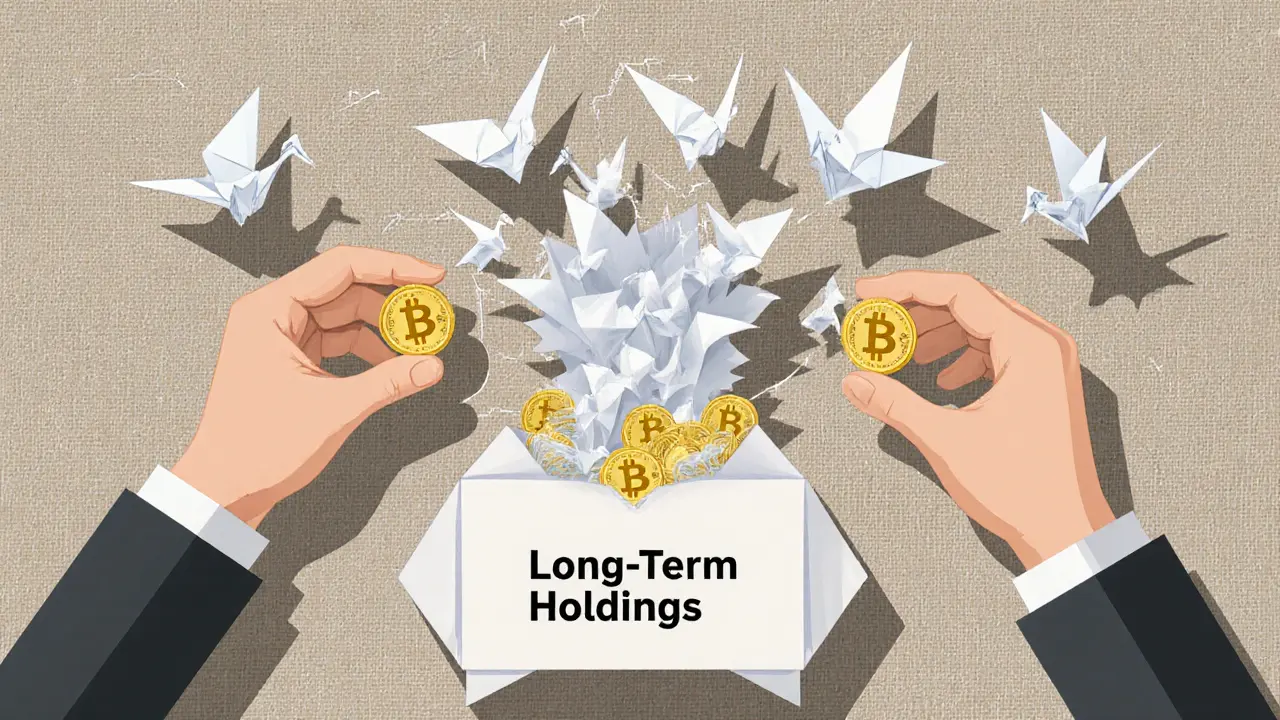
AI tools are now standard - not a luxury
The next battleground isn’t fees or coins. It’s AI.
Coinbase’s Advanced Trade platform now uses machine learning to reduce slippage by 22% on large orders. That means if you’re buying $100,000 of Ethereum, you get closer to the price you see - not a worse one because the market moved while your order filled.
Binance launched its Alpha Terminal in October 2025. It scans 18 other exchanges in real time to find arbitrage opportunities. If Bitcoin is trading at $62,000 on Kraken and $62,150 on Coinbase, it auto-trades to profit from the difference. This isn’t for beginners. But for active traders, it’s a game-changer.
These tools aren’t marketing hype. They’re survival tools. Exchanges that don’t offer AI-driven order execution, predictive volatility alerts, or smart liquidity routing will lose professional traders. And that’s where the real money is.
What to look for in a bullish crypto exchange
If you’re choosing a platform in 2025, ask yourself these questions:
- Do they have clear, public audits of their reserves? (Kraken, Coinbase, Bitstamp do)
- Are they licensed in your country? (Check MiCA compliance in Europe, state licenses in the U.S.)
- Can you trade the coins you actually want? (Don’t get stuck on Robinhood if you care about Solana or Cardano)
- How fast is KYC? (If you’re trading daily, 2-day verification kills momentum)
- Do they offer advanced tools? (API access, limit orders, stop-losses, AI-driven execution)
- What’s their customer support like during crashes? (Reddit users reported Coinbase support took 12+ hours during September’s drop)
There’s no single "best" exchange. But there are clear winners based on your needs:
- Beginners in the U.S.? Coinbase - easiest to use, fastest onboarding.
- Advanced trader with altcoins? Kraken - more coins, lower fees, better security.
- Institutional or high-volume? CEX.IO or Coinbase Prime - institutional tools, fast API, deep liquidity.
- Regulation is your top priority? Bitstamp or Gemini - licensed, audited, compliant.
- Want zero fees and simple buys? Robinhood - but only if you’re okay with 25 coins and forced sales.
Final advice: Don’t chase hype. Build a strategy.
Some exchanges are bullish because they’re growing. Others are bullish because they’re built to last. The ones that survive the next crash aren’t the ones with the most memes or the loudest Twitter accounts. They’re the ones with audits, licenses, cash reserves, and real infrastructure.
Don’t put all your crypto on one exchange. Split it. Keep short-term trading funds on Kraken or CEX.IO. Store long-term holdings in a hardware wallet. Use Coinbase for easy buys and sells. But always know where your assets are - and why.
The crypto market won’t stop moving. Neither should you. Choose your exchange based on what you need today - and what you’ll need when the next storm hits.
What makes a crypto exchange "bullish" in 2025?
A bullish crypto exchange in 2025 is one that’s growing sustainably - not just in user numbers, but in regulation, security, and institutional trust. These exchanges have proof-of-reserve audits, comply with global laws like MiCA, offer deep liquidity, and integrate AI tools to improve trading. They’re not just surviving regulatory pressure - they’re using it as a competitive advantage.
Is Binance the best crypto exchange in 2025?
Binance leads in global trading volume and offers over 500 cryptocurrencies, making it ideal for advanced traders. But it’s not available in many countries, including the U.S. Binance.US has fewer coins and higher fees. For U.S. users, Coinbase or Kraken are better choices due to compliance and customer support. Binance’s global growth is strong, but its regulatory risks make it risky for long-term holdings.
Which exchange has the lowest fees?
Kraken offers the lowest fees among major exchanges, with a maximum of 0.4% for spot trades. Binance follows closely at 0.6%. CEX.IO charges 0.1%-0.4% for high-volume traders. Coinbase’s fees range from 0% to 3.99%, depending on how you pay. Robinhood has zero fees, but you’re limited to 25 coins and can’t use advanced trading tools.
Are crypto exchanges safe in 2025?
Top exchanges like Kraken, Coinbase, and Bitstamp are among the safest financial platforms in the crypto space. They use cold storage, publish regular audits, and comply with strict regulations. But 78% of 2025 hacks happened because users didn’t enable two-factor authentication. Security starts with you. Always use an authenticator app, not SMS. Never leave large amounts on exchanges - use a hardware wallet for long-term storage.
Should I use Robinhood for crypto trading?
Only if you want to buy Bitcoin or Ethereum and nothing else. Robinhood supports just 25 cryptocurrencies and doesn’t allow withdrawals to external wallets. During market crashes, it has a history of forced liquidations and delayed trading. It’s great for beginners making small, simple buys - but terrible for anyone serious about crypto. You’re trading on a brokerage platform, not a true crypto exchange.
What’s the fastest way to start trading on a crypto exchange?
Coinbase is the fastest for onboarding - verified accounts take about 18 minutes on average. Kraken and CEX.IO take 30 minutes to 2 days, depending on document verification. Robinhood is fastest at 10 minutes, but with severe limitations. If you’re in a hurry, use Coinbase. If you want more coins and lower fees later, move your funds to Kraken or CEX.IO after verification.

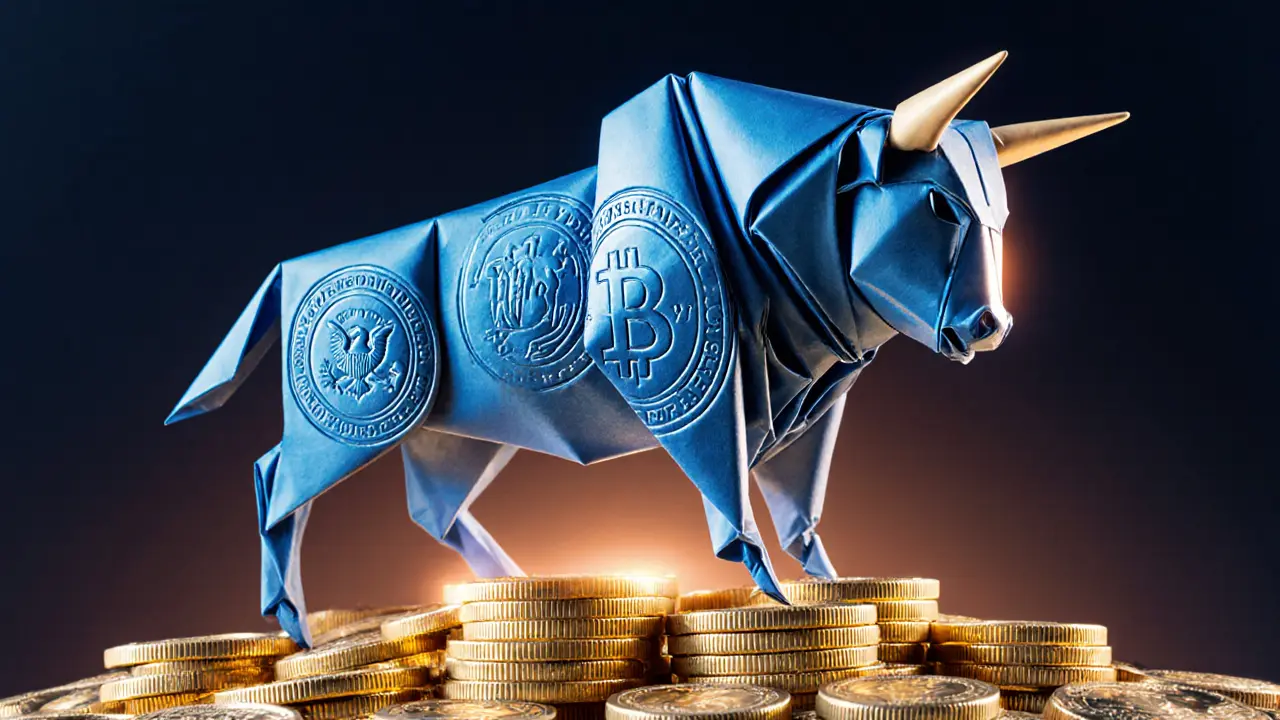
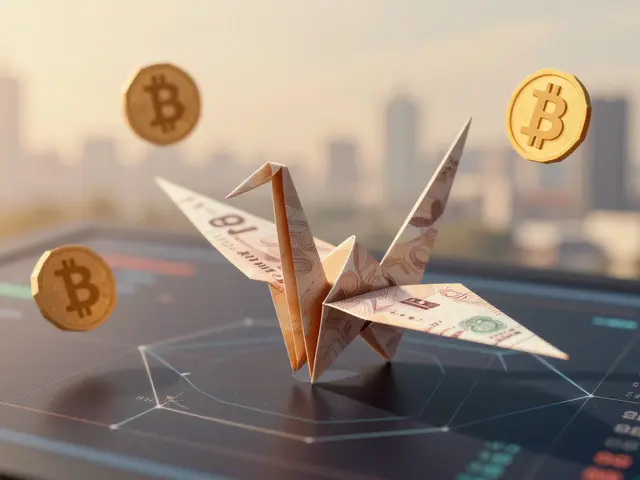
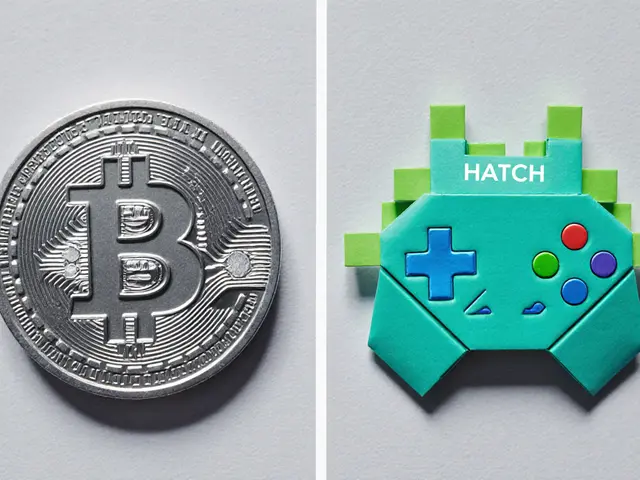
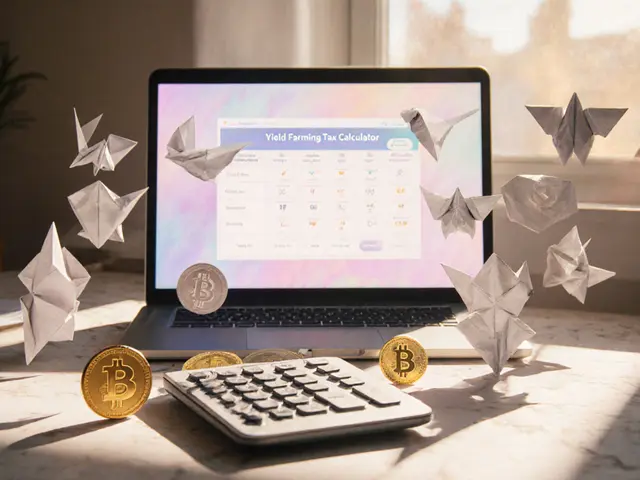
Anna Mitchell
Finally someone gets it - security and audits aren’t optional, they’re the baseline. I moved all my long-term stuff to Kraken after that 2024 hack scare and never looked back. Two-factor with Authy? Non-negotiable. Cold storage? Mandatory. No more playing roulette with my crypto.
Pranav Shimpi
kraken is good but their kyc is a nightmare bro. i sent my passport and id and waited 3 days. meanwhile i missed a 20% pump on xrp. cex.io was faster and same security. just saying.
jummy santh
As a Nigerian trader, I’ve watched this play out. Binance’s pivot to Africa and LatAm wasn’t luck - it was strategy. Here, regulation is weak but trust is everything. If an exchange has clear audits and responds to support tickets in under 2 hours? That’s gold. No license needed if you’re reliable.
CEX.IO’s Compliance-as-a-Service? Brilliant. We use it to onboard small DAOs without legal fees. No one cares about MiCA here - they care if their funds are safe and accessible.
Kirsten McCallum
Most people don’t understand that exchanges aren’t banks. They’re marketplaces. The ones surviving aren’t the safest - they’re the ones that monetized compliance. You’re not paying for security. You’re paying for regulatory insurance.
Henry Gómez Lascarro
Let’s be real - this whole article is corporate propaganda dressed up as advice. Coinbase and Kraken are just the new Wall Street proxies. They’re not ‘bullish’ - they’re compliant. Binance got crushed because it refused to become a bank. And now we’re all being herded into regulated cages with higher fees and fewer coins. This isn’t progress. It’s capitulation.
AI tools? Sure, they help big players arbitrage retail. Robinhood’s forced liquidations? That’s not a bug - it’s a feature designed to suck out liquidity during volatility. And you’re all drinking the Kool-Aid because it’s ‘safe.’
Real freedom? Self-custody. Hardware wallets. No KYC. No platform. No middleman. The fact that you’re even asking which exchange to use means you’ve already lost.
gurmukh bhambra
you know what’s REALLY happening? The feds are forcing all these exchanges to hand over user data under ‘anti-money laundering’ - but they’re really building a crypto surveillance state. I saw a leaked doc last year - they’re tracking every wallet address linked to KYC’d accounts. That’s why Bitstamp and Gemini are ‘trusted’ - they’re working with the NSA.
And don’t get me started on AI tools. Those aren’t for ‘slippage reduction’ - they’re front-running your trades. Binance Alpha Terminal? It’s a honeypot. They see your order before it hits the chain and trade ahead of you. That’s why your ‘arbitrage’ never works.
I use a mix of decentralized swaps now. No KYC, no audits, no lies. If you’re still on centralized exchanges, you’re already owned.
Sunny Kashyap
why all this talk? just use binance. easy. fast. cheap. who cares about usa rules? i trade from india, i dont care about their licenses. 500 coins, low fee, done.
Will Barnwell
Wow, so Kraken’s 0.4% fee is ‘low’? That’s still 40 bucks on a $10k trade. And you’re calling that better than Robinhood’s 0%? You’re missing the point. Robinhood’s not for traders - it’s for people who want to buy crypto like they buy coffee. You’re overcomplicating this.
Also, ‘proof of reserves’ is a marketing gimmick. Anyone can publish a spreadsheet. How do you know they’re not double-counting? Or using the same coins across multiple wallets? It’s not verification - it’s theater.
Lawrence rajini
bro i just bought some shiba on robinhood and it went up 30% in a week 😎 no fees no stress. why overthink it? crypto is for fun not for spreadsheets 🚀
Matt Zara
There’s no one-size-fits-all here. I use Coinbase for buying, Kraken for trading altcoins, and a Ledger for holding. Each tool has its place. Don’t feel bad if you don’t use all the fancy AI tools - most people don’t need them. Just know where your keys are, and why you’re on each platform.
Jean Manel
Let’s cut the fluff. The only ‘bullish’ exchange is the one that doesn’t exist yet - one that’s fully decentralized, non-custodial, and regulated by nothing. Everything else is just a bank with a blockchain logo. You’re not investing - you’re renting your assets to a corporation that can freeze your account at any moment.
And don’t even get me started on ‘institutional backing.’ That’s just a fancy way of saying ‘the Fed approves this message.’
William P. Barrett
The real question isn’t which exchange to use - it’s why we’ve allowed exchanges to become gatekeepers in the first place. Crypto was supposed to remove intermediaries. Now we’re debating which intermediary is least bad. That’s not innovation. That’s resignation.
The ‘bullish’ ones aren’t the ones with the most licenses - they’re the ones that remind us what crypto was meant to be: permissionless, open, and sovereign.
Cory Munoz
Thanks for laying this out clearly. I’m new and was overwhelmed. Now I know: if I’m just dipping in, Coinbase. If I’m trading more seriously, Kraken. If I’m holding long-term, hardware wallet. Simple. No drama.
Jasmine Neo
Stop romanticizing Kraken. Their ‘proof of reserves’ is a compliance checkbox. They still have hot wallets with 12% of assets. And their API latency during the September crash was 800ms - that’s catastrophic for HFT. You think you’re safe? You’re just the slowest rabbit in the fox’s yard.
Ron Murphy
Interesting breakdown. I’ve been on Bitstamp for 3 years. Slow KYC? Yes. But I’ve never had a hiccup. No downtime. No frozen funds. Even during the Terra collapse, they stayed up. Sometimes reliability beats innovation.
Prateek Kumar Mondal
Use what works for you. No need to overthink. I use Kraken for trading and cold wallet for holding. Done. No drama. No FOMO.
Nick Cooney
lol you all act like Coinbase is some kind of saint. their customer support took 14 hours during the crash. i called them 5 times. got a bot each time. then they auto-sold my LTC because ‘liquidity risk.’ thanks for nothing, corporate overlords.
Clarice Coelho Marlière Arruda
i just use binance and dont care about the usa stuff. i live in the philippines and its fine. why are you all so stressed?
Brian Collett
Anyone tried the new Binance Alpha Terminal? I used it last week to catch a 5% arbitrage on BTC between Kraken and Coinbase. Made $870 in 2 minutes. Wild. Not for beginners, but if you’re active? It’s insane.
james mason
It’s fascinating how everyone here is pretending they’re crypto rebels while using platforms that are essentially regulated financial institutions. You want freedom? Then stop using anything that requires KYC. Until then, you’re just a customer. And customers don’t get to dictate the terms - they pay for the privilege of being monitored.